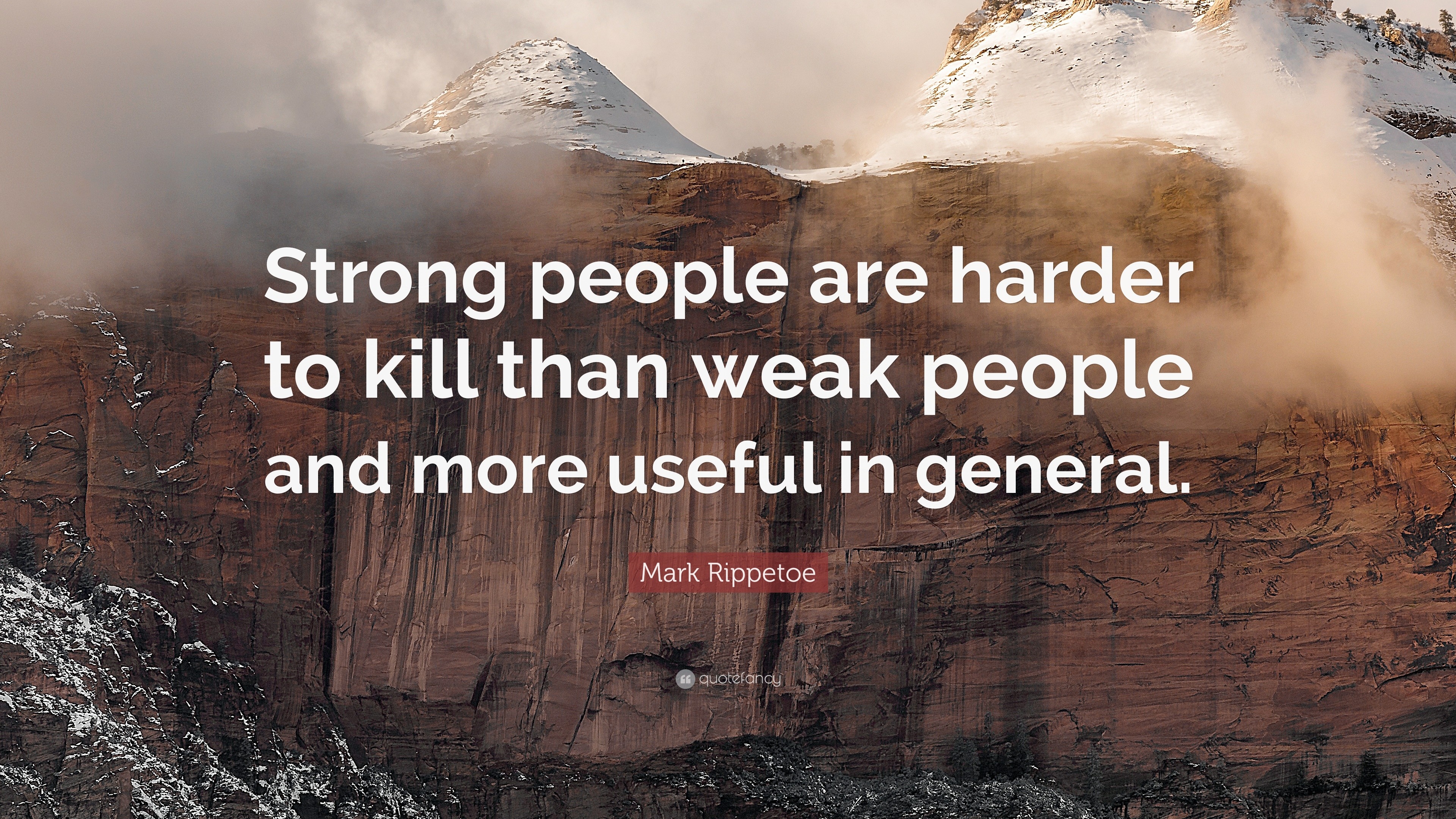- Joined
- Sep 12, 2010
- Messages
- 6,101
- Reaction score
- 3,089
ELGIN, IL -- A Crystal Lake man apparently desperate to get a prescription for medical marijuana is accused of a trying to kill his psychiatrist who refused to write the script for him, the Daily Herald reports. Elliott C. Lockwood, 20, of the 0 to 99 South Oak Street, is being held on a $250,000 bail following the Aug. 8 attack at the psychiatrist's office in the 1700 block of North Randall Road.
During an appointment that morning, Lockwood is accused of demanding the prescription for medical marijuana and, when his psychiatrist refused, stating she did not have the authority to write a prescription for marijuana, he pulled a steak knife out of his backpack, according to the article.
Authorities said the woman was able to block him from stabbing her in the chest, which resulted in a stab wound to her right palm, but Lockwood then proceeded to slash her right hand near her wrist, according to the newspaper. She ran out of her office, and police say Lockwood chased her and then punched her at least four times in the head.
Psychiatrist Stabbed After Denying Pot Prescription: Authorities
During an appointment that morning, Lockwood is accused of demanding the prescription for medical marijuana and, when his psychiatrist refused, stating she did not have the authority to write a prescription for marijuana, he pulled a steak knife out of his backpack, according to the article.
Authorities said the woman was able to block him from stabbing her in the chest, which resulted in a stab wound to her right palm, but Lockwood then proceeded to slash her right hand near her wrist, according to the newspaper. She ran out of her office, and police say Lockwood chased her and then punched her at least four times in the head.
Psychiatrist Stabbed After Denying Pot Prescription: Authorities

